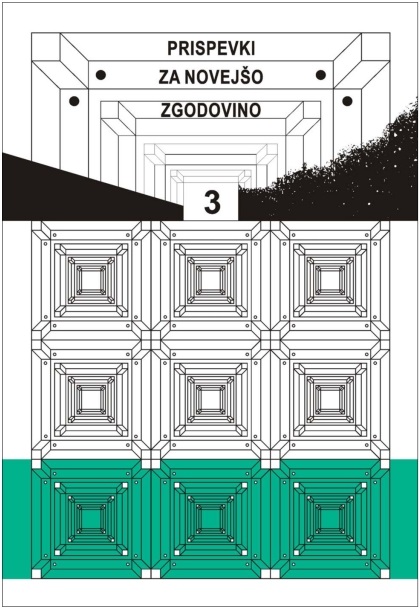Jugoslovanska nacionalna stranka in narodno vprašanje v letih 1936–1939
Yugoslav National Party and the National Question in the Years from 1936 to 1939
Author(s): Jurij PerovšekSubject(s): Political history, Government/Political systems, Interwar Period (1920 - 1939), Sociology of Politics, Politics and Identity, Identity of Collectives
Published by: Inštitut za novejšo zgodovino
Keywords: Yugoslav National Party; Kingdom of Yugoslavia; liberalism; national question; national and state unitarianism;
Summary/Abstract: In the period of the 2nd Congress of the state-wide Yugoslav National Party (JNS), on 30 June 1936 in Belgrade, as well as during the formation of the separate Croatian Banate on 26 August 1939, which foreshadowed the further national-legal rearrangement of what had until then been a unitarian Kingdom of Yugoslavia, the Slovenian liberals, who were a part of the JNS in the 1930s, insisted on their unitarian national and state standpoint. They denied the existence of national individuality within the Yugoslav state, which they saw as a single Yugoslav national community. As far as the issue of the internal regime of the Kingdom of Yugoslavia was concerned, they supported the principle of a decentralised unitarian state. This placed them on the brink of the Slovenian politics, which was mostly autonomist-federalist and based on the efforts to preserve and freely develop the Slovenian nation. Therefore the liberal JNS kept diminishing in the Slovenian space, which was also characteristic of the period after 1939.
Journal: Prispevki za novejšo zgodovino (before 1960: Prispevki za zgodovino delavskega gibanja)
- Issue Year: 51/2011
- Issue No: 3
- Page Range: 7-24
- Page Count: 18
- Language: Slovenian

